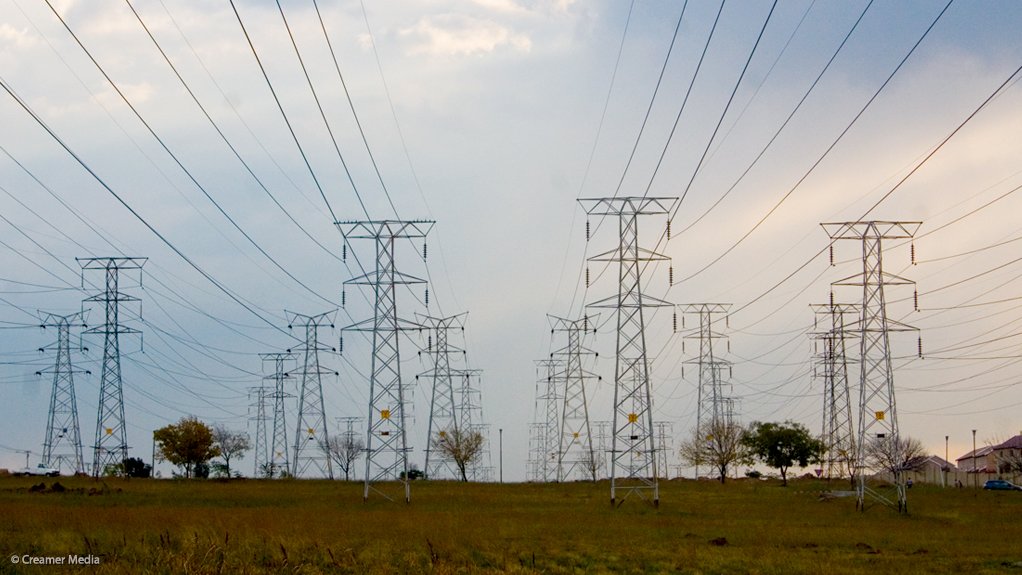Electricity Minister Kgosientsho Ramokgopa reports that Eskom’s eight “lender groups” have given their consent to the establishment of the National Transmission Company South Africa (NTCSA) as a separate subsidiary under Eskom Holdings.
Bondholder consent was one of several key approvals required ahead of the operationalisation of the NTCSA, officially scheduled for April 1, alongside the appointment of an independent board and licensing approvals from the regulator.
Ramokgopa did not name the lender groups during a briefing on March 25, saying only that the eighth and final letter of consent was provided “last week”.
In February, the National Energy Regulator of South Africa (Nersa) officially published the three licences required for the operationalisation of the NTCSA, having approved their transfer from Eskom in 2023. And, Public Enterprises Minister Pravin Gordhan appointed the inaugural NTCSA board on January 9.
In March, South Africa’s Energy Regulator also consented to the transfer of powers and duties relating to power purchase agreements with independent power producers from Eskom to the NTCSA. Nersa said in a statement that NTCSA’s trading licence would be amended to reflect the change.
These regulatory decisions align with an application made to Nersa by Eskom, which is unbundling its generation, transmission, and distribution businesses in line with the ‘Roadmap for Eskom in a reformed electricity supply industry’ published by the Department of Public Enterprises in 2019.
While being advanced under the existing Electricity Regulation Act (ERA), they also accord with some of the architectural changes outlined in amendments to the ERA, which were approved by the National Assembly on March 14.
The legislation will now serve before the National Council of Provinces, whose approval is also required before it can be signed into law by the President.
While opposition lawmakers have raised some concerns with the amendments, particularly with regard to the discretionary powers extended to the Energy Minister and with the future role envisaged for Nersa in setting prices and tariffs, Ramokgopa argued that the legislation would “remake the South Africa energy landscape”.
“One of the primary interventions [of the legislation] is to make it easier to produce and sell electricity in South Africa.
“In order to do this, it established what the Bill refers to as a Transmission System Operator (TSO), which is managed by a newly formed entity that is wholly owned by Eskom and by extension wholly owned by the South African public, the NTCSA,” Ramokgopa explained.
He said the TSO would ensure that all electricity producers were treated “equally and fairly and be allowed access to the national grid on a non-discriminatory basis”.
Secondly, the legislation enables a “market platform” through which electricity can be bought and sold by multiple participants.
Describing the legislation as a “democratisation” of the sector, Ramokgopa also forecast that the new framework would, over time, help reduce prices through competition and innovation, improve reliability by boosting investment in supply, and introduce consumer choice.
EMAIL THIS ARTICLE SAVE THIS ARTICLE ARTICLE ENQUIRY
To subscribe email subscriptions@creamermedia.co.za or click here
To advertise email advertising@creamermedia.co.za or click here











